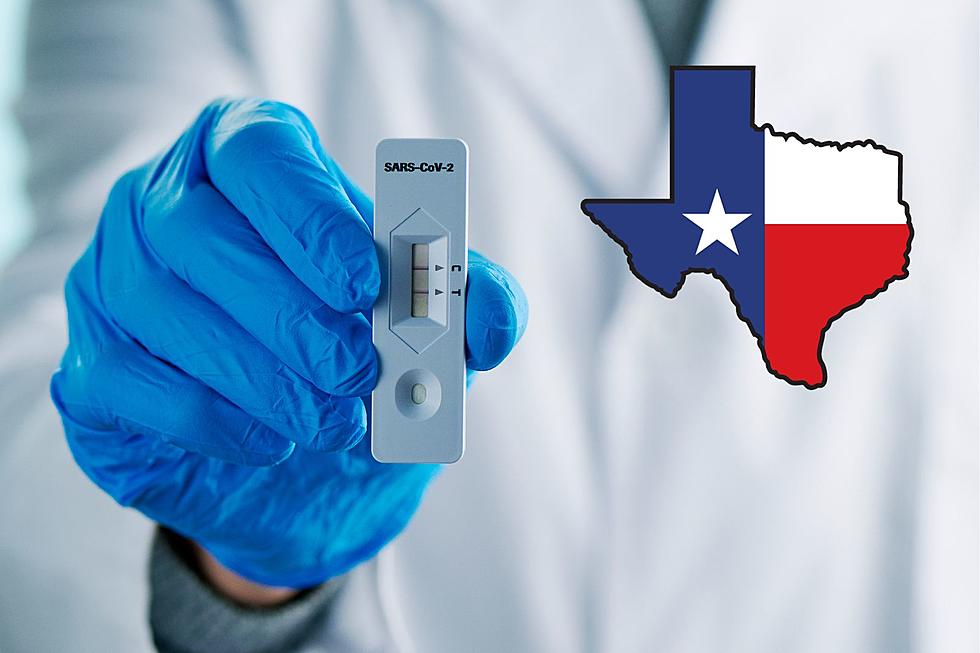
New Texas Warning: Scary 20 Year Covid Prediction By WHO
For many of us in Texas just trying to get through the day, we sometimes have to be reminded that we have just begun year five of living in a world with Covid-19. Then, a spokesperson for the World Health Organization releases a statement saying not only is this year 5, but the pandemic is, "Far from over."

While there is a major surge in the new Covid-19 variant JN.1 happening right now throughout Texas and the United States, the WHO warns there could be an even greater danger happening simultaneously.
What exactly is the WHO worried about when it comes to Covid-19 infections?
In simple terms, we do not really know how often people are getting infected with Covid-19, and therefore it is really difficult to track the possible cumulative effects over the coming years to know what to expect from repeated infection. It is believed the infection rate is being misreported by anywhere from, "2 to 19 times."
This is what the WHO said exactly about Covid-19.
According to this article on MSN,
"Five years, 10 years, 20 years from now, what are we going to see in terms of cardiac impairment, pulmonary impairment, neurologic impairment? It’s year five in the pandemic, but there’s still a lot we don’t know about it."
Why is the WHO worried about repeat infections?
Their fear is the cumulative effects of each infection could pop up in severe ways over the next five to ten to twenty years. The main issue is because of so many asymptomatic carriers, it really is impossible to know how often you are getting infected, and if those infections are compounding into future health threats.
Bizarre New Symptoms To Watch For as COVID Cases Rise
Gallery Credit: Credit: Mateo, 103.5 KISS FM
These COVID Symptoms May Lead to Hospitalizations
Answers to 25 common COVID-19 vaccine questions
Gallery Credit: Stephanie Parker
More From KSSM-FM









